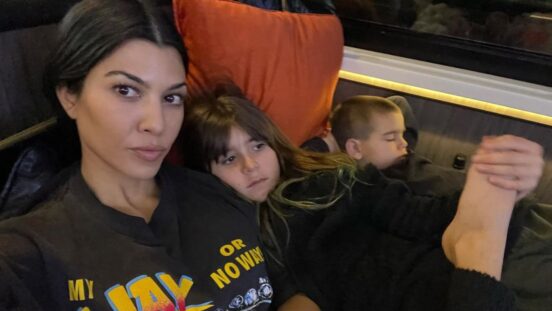When your child is sick: 5 ways your local pharmacist can help

From pre-conception, pregnancy to a range of childhood stages, pharmacists can provide the support and advice you need.
Learning how to triage a health issue at home is one of the acquired skills of parenthood. In fact one of the parenting superpowers is the ability to determine if an illness or injury can be remedied with a quick cuddle and a sticky plaster.
However not all health concerns are alleviated so easily.
Parenthood, particularly first time parenthood can be a scary time when it comes to your family’s health. Fortunately there’s help at hand and it’s easier to access than you might imagine. Your local pharmacist is trained to provide a range of services – some of which are free of charge and require no appointment – but they’re being underutilised, particularly by new parents.
Amcal Chief Pharmacist Brinley Hosking took some time to chat with Bounty Parents to explain just how your local Amcal can become invaluable as a health resource for your family.
Read what she has to say below …
Common ways your local pharmacist can help with your families health
Your local pharmacist has seen just about everything! From a parent’s earliest questions about pregnancy vitamins or baby formula, through to schoolyard injuries and headlice treatments, even helping teenagers with acne or managing period pain.
We also commonly help out with things like eczema and allergies, which can be more common in children, and for which the vast array of treatment options can be daunting for parents to navigate alone.
Many people aren’t aware, but pharmacists can administer flu vaccinations for any patient over 10 years old. Australian guidelines recommend everyone over the age of 6 months get a flu vaccine every year, so why not bring the family into your local Amcal pharmacy for their shots next season?
Your local Amcal pharmacist will also be able to tell you when you should see a GP.
Remember: If this is a medical emergency call 000

Amcal Chief Pharmacist Brinley Hosking chats all things family health with Bounty Parents.
Knowing when to seek medical attention when your child is unwell
Assessing children’s injuries and ailments can be difficult, because they often can’t communicate their symptoms the same way adults can.
Keep a look out for changes in your child’s behaviour – maybe a decrease in appetite, a lack of interest in activities or toys, touching the injured area frequently, or feeling more grumpy or wanting more cuddles than usual.
Conversely, if you know your child has an injury or ailment but it’s not preventing them from doing all the things they usually do, it’s usually a good sign that the injury is more mild or on the mend.
Pharmacists are the most accessible health professionals in Australia, and usually young kids are comfortable visiting the local pharmacy, even those who may get anxious about visiting the doctor.
It can often be an easy first point of call to drop in to your local Amcal pharmacy for advice, especially if you’re a regular there and the pharmacist is familiar with your child’s health history.
Things to consider before you visit your local pharmacist
You’ll find that many pharmacists begin their conversations with patients by asking a few background questions to help assess the problem and start forming a treatment plan that’s tailored and appropriate for each patient.
Common questions you’ll hear are:
- What are the symptoms?
- How long have the symptoms lasted?
- Have you tried any medicines or treatments so far? Have they helped?
- Do you have any other medical conditions?
- Are you taking any other medications? This might include non-oral medications like puffers or skin creams or complementary medicines like vitamins.




